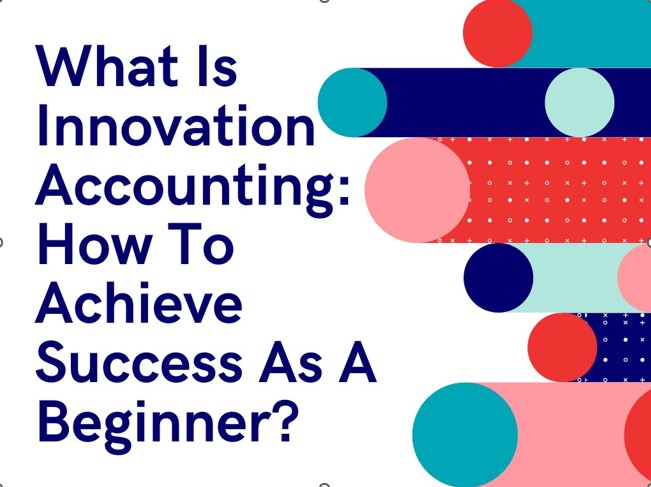How To Know If Someone Blocked You On iMessage? 5 Secret Hacks!
Apr 16, 2025

Apr 16, 2025

Apr 16, 2025

Apr 15, 2025

Apr 11, 2025

Apr 11, 2025

Apr 11, 2025

Apr 08, 2025

Mar 29, 2025
Sorry, but nothing matched your search "". Please try again with some different keywords.


New business owners need all the help they can get. This is why they turn to business consultants and mentors.
Many people think they’re the same, although the difference between consultant and mentor is striking.
Here, you’ll find out which is which so you can pick the best professional to hire in the long run.
For most people, consulting and mentoring are the same things. They actually have stark differences, as you’ll see below:
Consultants are experts that perform specific tasks in companies. Once the job is done, they’re out of the building. However, some business consultancies now offer tailored coaching. For instance, you can get business coaching packages from Coachwell with varying packages to suit your business needs; from a corporate coach to train up more leaders to an executive coach to help you find holistic balance.
Mentors, on the other hand, work to advise the mentee. It’s a leadership role where they help the management achieve a goal or solve a certain problem. This task can be run by your manager and team leaders if confident enough, or through mentorship programs.
A consultant can work in any of the following fields:
Likewise, mentors are grouped according to their coaching prowess:
There’s not a lot of difference when it comes to the qualifications. Both often have a Bachelor’s degree, organization membership, and career experience. Without these, they won’t be able to provide the training the client needs.
You don’t need a lot of time to transact with a business coach consultant. He is there to fix problems, and that’s pretty much it. Once he’s done with his work, you won’t hear from him again unless you need more services done.
On the other hand, mentors require more time. They focus on establishing a relationship based on trust and respect. Likewise, his advice is not limited to business matters, as you may ask him about related issues as well.
A consultant is all about addressing the bigger picture. He’s there to provide answers to several problems.
A mentor, on the other hand, is a little bit specific. He’s out there training one person at a time. He will spend the bulk of his time helping his mentee achieve personal development.
Consultants aim to find solutions for specific problems. At the same time, they help clients develop much-needed skills.
Mentors train a person until he changes for the better. Whereas consultants aim to meet goals, mentors are all about improving the skills, mindset, and attitude.
A consultant prefers following a formal, structured course of action. They use agendas when consulting with a client. Each piece of advice is geared towards addressing business issues.
As mentioned, mentoring is all about building relationships, so the approach is less formal. That’s because consultants are more on the professional side, while mentors offer support for personal matters.
The client’s relationship with a mentor is like that of a friend or confidante. You can liken it to a friend who offers helpful advice.
A consultant has broad experience, allowing him to consult with every other company. Unless you require specific solutions, you can go for a consulting service.
On the other hand, a mentor has valuable specific knowledge. Their expertise makes them perfect coaches to their mentees.

The answer lies in the strategy you wish to take.
If you want to solve a marketing problem, you need a consultant. As mentioned, he can guide you to reach your project goals. With his past marketing experience, he can help you troubleshoot any problem that may come your way.
If you want an advisor to guide your business, you ought to get a mentor. He can help you create a blueprint for success, i.e., how you should run your business and what else to expect.
As someone who has vast knowledge and life experience, he can give you insights on many things, from running a team to training them. After all, he’s been there and has done that.
More importantly, mentoring is not limited to just sharing business or marketing knowledge. As a client, you may also ask for advice. You can call your mentor whenever you need to, compared to a consultant whose service is limited to professional matters.
Now that you know the differences between the two, you can pick the right one that you need for your business.
Read Also:
Mashum Mollah is the feature writer of SEM and an SEO Analyst at iDream Agency. Over the last 3 years, He has successfully developed and implemented online marketing, SEO, and conversion campaigns for 50+ businesses of all sizes. He is the co-founder of SMM.
View all Posts
How To Know If Someone Blocked You On iMessag...
Apr 16, 2025
7 Website Design Mistakes That Are Hurting Yo...
Apr 16, 2025
Programmable Dynamic SEO for Location-Based P...
Apr 15, 2025
Google Boba Game: How To Play This Fun Game B...
Apr 11, 2025
Which Is The Best Video Search Engine Of 2025...
Apr 11, 2025

